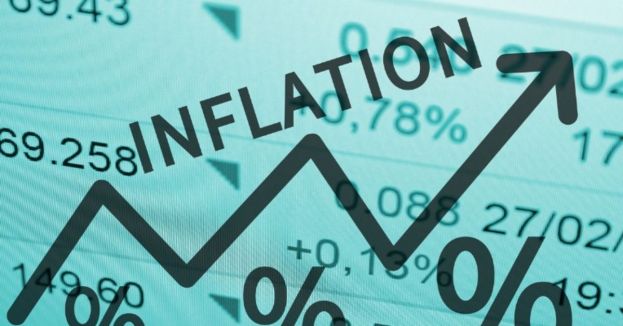Boston College's Center for Retirement Research Director Alicia Munnell posted her assessments of the losses Tuesday. Her estimates are based on the assumption that markets have been down by 20% recently. The S&P 500 is down 21%, with the Nasdaq composite down by 30% and the Dow Jones down 16% since the year began.
IRA accounts have lost $2 trillion, while 401(k) accounts have lost $1.4 trillion, according to Munnell. Most of the investments in 401(k)s are rolled over into IRA accounts, so Munnell claimed both remember the overall economic outlook.
TECH GIANTS JOIN FORCES WITH DHS IN HERCULEAN BATTLE AGAINST CHILD EXPLOITATION![]()
Investment management company Vanguard reported that currently, about 72% of its 401(k) plans are invested in equities. Individuals have also turned to holding equities instead of retirement accounts. However, even these have been affected, with 2021's holdings of $32.2 trillion decreasing by $6.4 trillion, according to Munnell's calculations.
HORRIFIC FOOTAGE EMERGES: FRANTIC RESCUE EFFORTS AFTER RUSSIAN MISSILES HIT UKRAINIAN CITY (WATCH)![]()
Vanguard also suggested that people with lower income owned more high-risk equities than their higher-income counterparts. Those with incomes less than $30,000 had 81% of their investments in equities, while those with incomes greater than $150,000 had 76% of their investments in equities. Typically, those with higher incomes take on the higher risk.
HIGH-STAKES SUMMIT: G7 MULLS SANCTIONS ON IRAN, WHAT SHOULD WE EXPECT?![]()
With the S&P 500 SPX, -0.13% down about 20% since the beginning of 2022, it’s useful to consider how it affects the retirement savings of today’s workers.
WATCH: NEWT GINGRICH'S APPROACH TO "DEATH TO AMERICA" CHANTS![]()
The shift from defined-benefit (DB) plans to defined-contribution (DC) plans in the private sector means that nongovernment workers have the bulk of their retirement saving in 401(k)-type plans or individual retirement accounts (IRAs) (see Figure 1). It’s important to include IRAs in the calculus because they are largely rollovers from 401(k)s. (Most state and local workers continue to be covered mainly by defined-benefit plans.) To the extent that the money in these private sector accounts is invested in equities, workers bear the full risk of stock market fluctuations.
WATCH: THIS IS HAPPENING HERE IN PLAIN SIGHT![]()
Vanguard reports that 72% of the 401(k) plan assets that the company manages were invested in equities in 2020. Given the COVID-19 stock market boom, the percentage might be a bit higher at the end of 2021. Thus, a significant portion of retirement assets are at risk.
BOEING WHISTLEBLOWER REVEALS SHOCKING SAFETY CONCERNS PLAGUING BOEING'S 787 DREAMLINERS![]()
One question is, who holds these assets? Again, the data come from Vanguard. In terms of income, it used to be that high-income participants took on more market risk — that is, invested more in equities — than their lower-income counterparts. Still, with the increasing use of target-date funds and automatic adjustment, lower-income participants actually have a slightly higher share of their assets in equities (see Table 1).







 Discover alternative ideas that will make you think
Discover alternative ideas that will make you think Engage in mind bending debate
Engage in mind bending debate Earn points, rise in rank, have fun
Earn points, rise in rank, have fun


